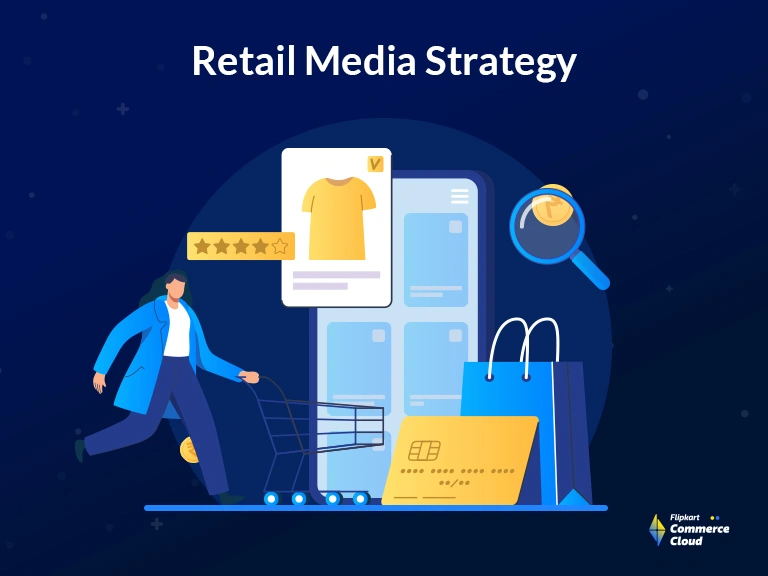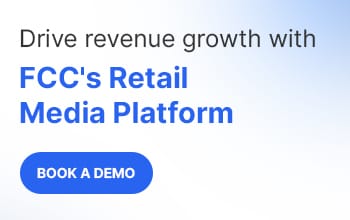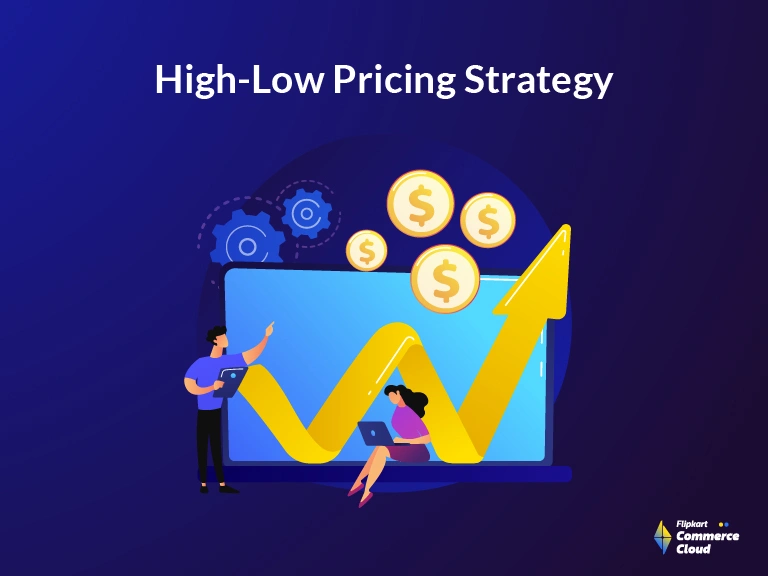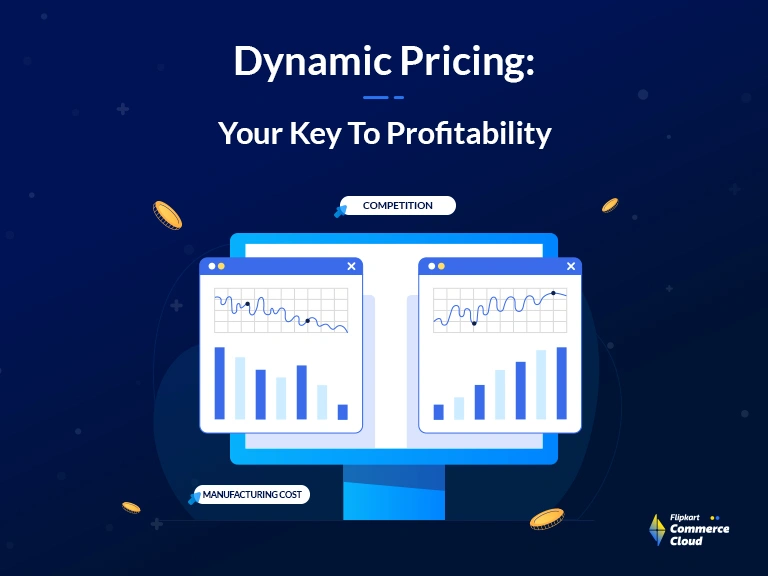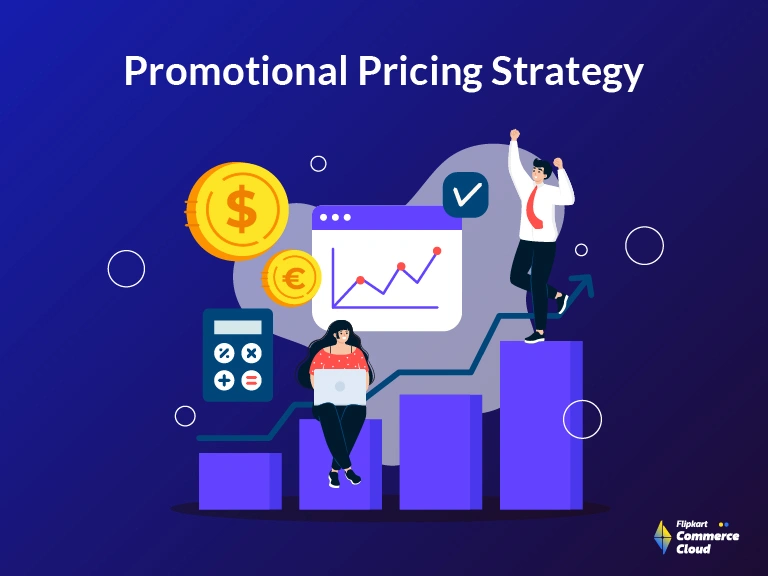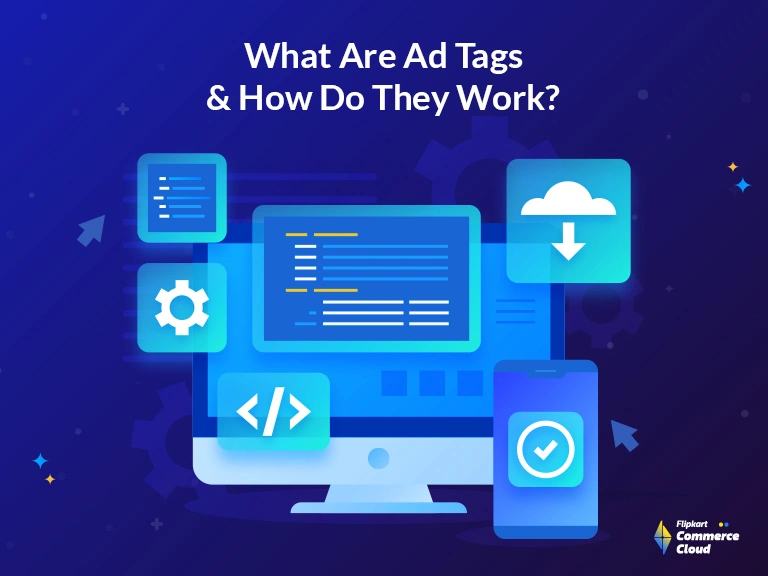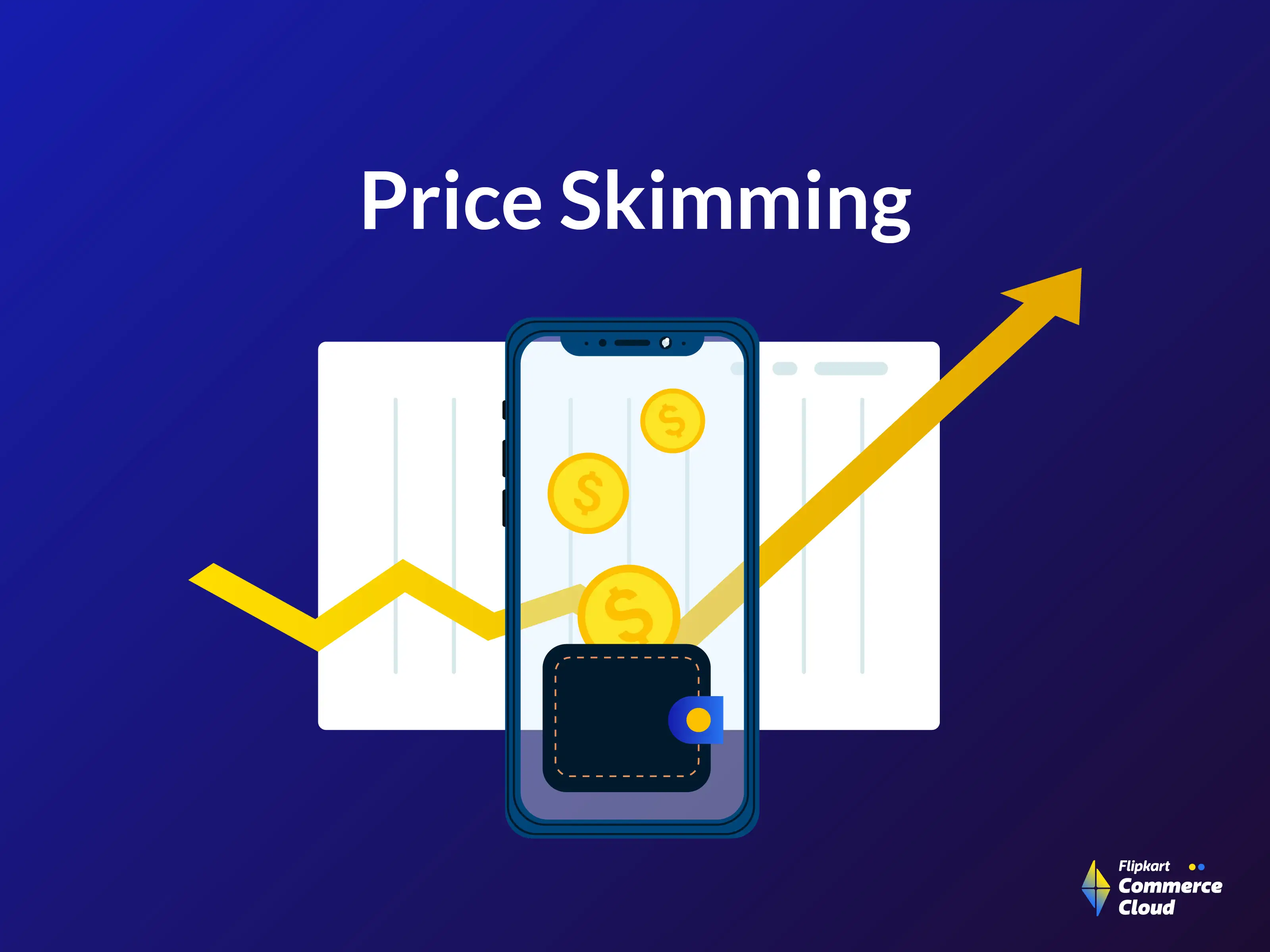Retail media is emerging as the growth engine in the modern eCommerce landscape, offering incredible opportunities for enterprises willing to embrace its potential. Reports indicate that the retail media sector is expected to touch a valuation of $61 billion by 2024, recording a 200% growth since 2021. This rapid progress indicates a paradigm shift in the digital advertising space, moving from traditional advertising models to a highly integrated data-driven approach.
Businesses are adopting robust and effective retail media solutions to capitalize on the immense potential of retail. To help you leverage the benefits of retail media, we are going to have a look at the important developments taking place in the online and offline retail industries. Then, we will take you through different strategies that brands can use to enhance the efficiency of their retail media strategies.
What is Retail Media?
Retail media is a popular marketing tool that seamlessly integrates digital advertising into the consumer’s shopping experience. It is focused on placing online ads in different digital spaces, such as websites or mobile apps, which helps in targeting consumers when they’re most open to marketing messages during their purchasing process.
Imagine walking through a store and noticing displays and products strategically placed to catch your eye. Retail media does the same, but in the online world, it uses the digital counterparts of in-store displays, like special placements on websites or apps, to show relevant ads. To enhance the impact of advertisements, it leverages first-party data that includes information about customer preferences, shopping habits, and more.
As a result, consumers enjoy a personalized shopping journey that blends the features of both worlds. This tailored approach not only increases the chances of making a sale but also significantly enhances the overall shopping experience.
Why is Retail Media Advertising Important?
Retail media advertising has become a crucial part of modern business strategies due to three key reasons, i.e., the growth of eCommerce requiring brands to boost profits, Amazon’s successful model working as a guide, and the phasing out of third-party cookies. Let’s have a look at the key factors that are making retail media advertising an important player in the digital marketing landscape:
Explosive growth in eCommerce
The rapid growth of the eCommerce sector highlights a definitive shift in consumers’ purchasing patterns after the pandemic. As online platforms gain popularity across customer segments, traditional brick-and-mortar store strategies are not yielding the desired results. Robust retail media strategies are now empowering brands to create targeted advertising solutions that align with the purchase patterns of their potential customers across different platforms. This alignment is crucial for not only improving sales but also the profitability of these enterprises. By leveraging retail media, businesses are positioning themselves at an important point in the decision-making process, resulting in higher conversion rates and increased profits.
The Amazon Effect
Amazon has been successful in using its leading position in the online world to change the expectations of online customers through the Amazon Effect. This transformation is largely due to Amazon Advertising, which is popular amongst advertisers and brands because it offers huge volumes of consumer data that is useful for improving marketing strategies.
Following Amazon’s lead, other retailers like Target are also adopting a similar approach. Target offers various innovative advertising solutions through its Roundel Media Company. These solutions include sponsored product ads on Target’s website and app, connected TV ads, display ads across Target.com and other publishers, and other relevant properties. Amazon’s success shows how the combined power of a customer-centric approach, a wide range of products, and modern advertising solutions can help retailers achieve their marketing goals.
The Death of the Cookie
With the third-party cookies phasing out, new privacy rules are driving several changes in the digital advertising space. Marketers are now looking for new ways to reach their target consumers. Retail media is emerging as a popular choice as it uses data obtained directly from retailers. This approach respects privacy laws and gives advertisers detailed and useful information about customers. By using this data, enterprises can create personalized and effective advertising campaigns targeting specific customer groups.
How to Build Retail Media Expertise?
To build retail media expertise, businesses must focus on key areas that leverage the retail media ecosystem effectively. Let’s have a look at some of the crucial aspects here:
Focus on Performance Marketing
For businesses to achieve higher profitability, they need to focus on improving key metrics such as click-through rates, conversion rates, and the return on their advertising spend. This means marketers have to really dig into the details of each campaign’s analytics. Doing this helps them understand the strategies that are hitting the mark with their target audience and adjust their methods accordingly. By using Artificial Intelligence (AI), Machine Learning (ML), and other tech tools for advanced analytics, brands can fine-tune their campaign performance. But it’s important to remember that this isn’t a one-time task. Continuously testing and learning from various campaigns is essential for getting the results you want from your performance marketing strategy.
Build Creative Retail Media Strategies
Creative retail media strategies are all about developing a narrative that aligns perfectly with the buying journey of the customers. This approach requires marketers to understand how customers think during the shopping journey. Then, they can create messages that resonate with customers, making them more likely to buy products or services. Advertisers must stay up to date with the latest trends to be in a better position to leverage different multimedia formats. This way, they can craft successful creative strategies backed by content personalization based on consumer data.
Develop Data Analytics Capabilities
Data analytics is the key to successful retail media strategies, which involves gathering, examining, and making sense of large amounts of data from various digital platforms. By observing how buyers navigate their purchasing journey and analyzing their buying patterns over time, businesses can gain valuable insights. This data helps retailers predict market trends and tailor their strategies to match what consumers want. For data analytics to work well, enterprises need to have a team with the right skills and the proper tools for accurately interpreting the available information.
Retail Media Advertising Strategies for Success
For success in retail media advertising, it’s important to create strategies that are specifically designed for the unique features of retail platforms, like consumer behavior, seasonal trends, and data usage policies. Let’s explore some crucial retail media strategies that can help you achieve the desired outcomes for your brand:
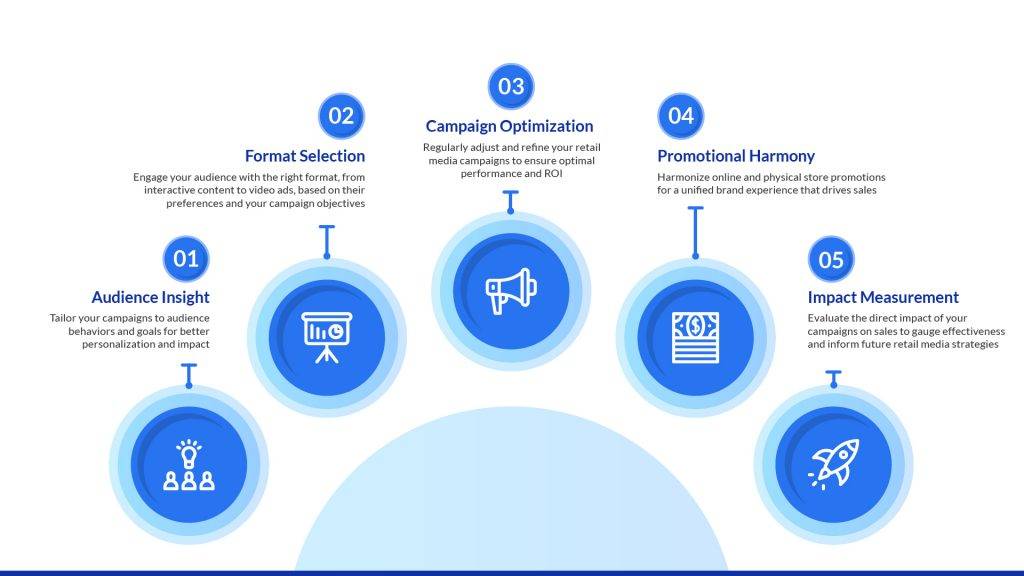
Objective: Understand and Engage The Target Audience
Start with the Audience and Have a Clear Objective
A deep understanding of the target audience and a clear set of objectives form the foundation of any successful retail media campaign. This approach requires brands to identify the demographic, psychographic, and behavioral characteristics of the target customers. These insights must be used to create a reference point for aligning the campaign goals like brand awareness, lead generation, or driving sales. It is crucial to customize every aspect of the campaign to resonate with the target audience. To further enhance the effectiveness of personalized campaigns, segment the customers based on factors like preferences, shopping habits, and previous engagements with the brand.
Objective: Maximize Campaign Effectiveness and ROI
Pick the Right Retail Media Formats
Another critical strategy to achieve success with retail media is to select the appropriate Ad formats. This decision is driven by factors like platforms where the target audience is active and the nature of the products being promoted. Depending on this data, you can choose suitable formats for your retail media strategies, such as banner ads, dynamic product listing ads, interactive content, video ads, and more. Every format presents its range of benefits; for example, rich media content is ideal for brand storytelling, whereas sponsored listings are suitable for driving sales.
Continuously Optimize the Ad Campaign
To make the most out of your investment in retail media, it is crucial to monitor the key metrics regularly. Don’t just set up your campaign; instead, make it a habit to check how your campaigns are doing. See what’s working and what’s not, and be ready to make the changes. This could mean tweaking who you’re targeting, changing your ad copy, or shifting your budget to different types of retail media. Running A/B tests on different parts of your campaign is also a smart move as it gives you detailed insights and helps you fine-tune your approach for better results. It is all about staying on top of things and being willing to adjust as you go.
Objective: Create a Unified Brand Experience
Align Online and In-Store Promotions
It is important for marketers to ensure a cohesive experience between in-store and online promotions to achieve success with retail media. This alignment will ensure a seamless customer journey, reinforcing brand messaging and driving conversions. You must leverage data from different online interactions with the customers to develop suitable in-store offers and vice-versa. It will help you develop a unified marketing approach that resonates across different consumer touchpoints. Through this holistic approach, you can not only improve the customer experience but also effectively build brand loyalty.
Objective: Measure and Understand Campaign Impact
Measure Incremental Lift
Another crucial strategy for retail media success is the ability to measure the incremental lift that defines the direct impact of advertising efforts on sales. Measurement of this metric involves a detailed comparison of the sales performance of advertised products against a control group. Through accurate measurement of the metric, you can gain valuable insights into the returns on investment of your advertising budget. These insights will then help you make data-driven decisions for subsequent campaigns in the future.
FCC's Retail Media Solutions: Your Partner for Retail Success
Flipkart Commerce Cloud (FCC) offers an array of retail media solutions tailored to propel retailers into successful digital advertising. FCC’s offerings are tailored to enhance the efficiency and effectiveness of retail media campaigns, leveraging advanced data analytics and innovative advertising strategies. They cater to both online and in-store promotions, ensuring a seamless integration that resonates with the modern consumer.
The comprehensive suite of offerings from FCC includes:
- FCC Ads Manager: A pivotal tool for creating and managing retail media campaigns, the FCC Ads Manager offers various ad formats like display ads, product contextual ads, and product listing ads. This versatility allows retailers to monetize their online presence effectively and engage with brands on their retail platforms.
- Pricing Manager: With tools like the Pricing Optimizer and Dynamic Pricing Engine, this feature helps retailers automate pricing decisions across different channels. This offering from FCC integrates competitive intelligence to ensure pricing strategies are market-relevant and optimized for profitability.
- Assortment Manager: Providing assortment intelligence, this feature aids retailers in comparing and managing their product assortments to optimize sales. It’s a crucial tool from FCC for maintaining a competitive edge in the rapidly changing retail landscape.
- Retail and Brand Solutions: FCC offers specialized solutions for both retailers and brands, helping them navigate the complexities of the modern retail ecosystem. These solutions are designed to address the unique challenges and opportunities faced by both retailers and brands in the market.
By partnering with Flipkart Commerce Cloud, you can leverage advanced technology and industry expertise to boost your retail media strategies. This collaboration will help ensure increased profitability, better customer engagement, and a stronger presence in the digital retail space.
Connect now with the team at FCC to learn more about the comprehensive suite of retail media solutions.
